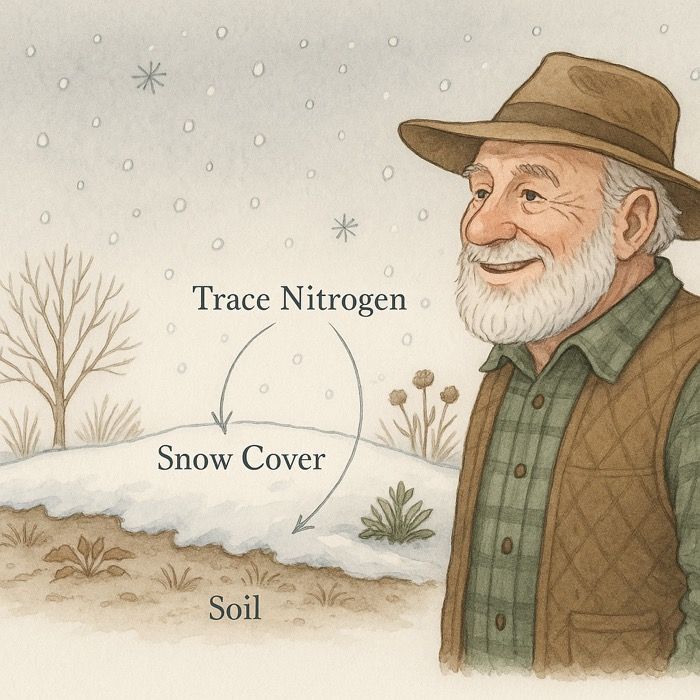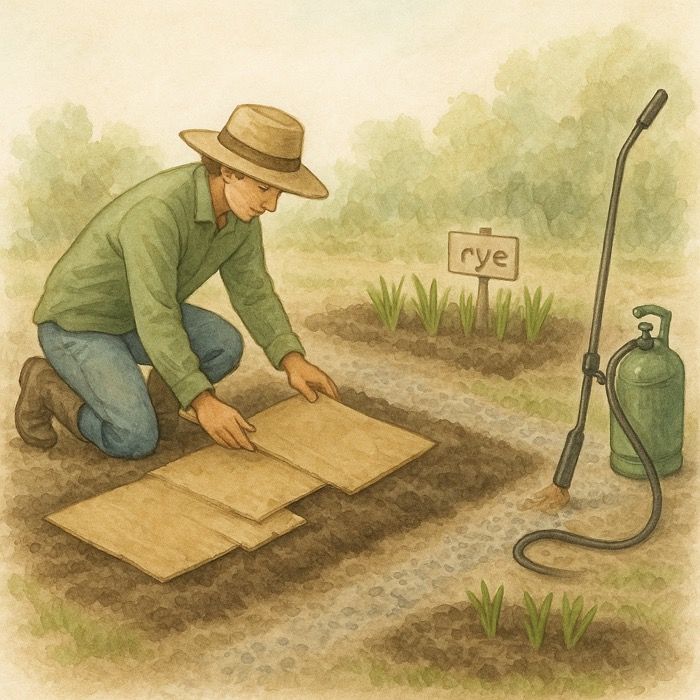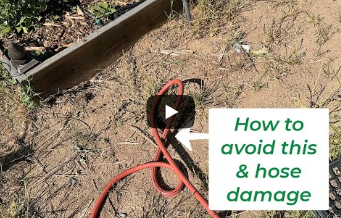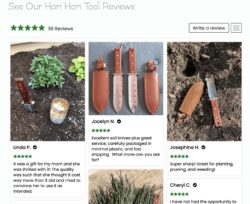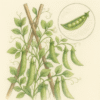Organic Fertilizer: Nourishing Your Garden Naturally
Organic food fertilizer for your garden
Introduction
Organic fertilizers, derived from natural sources, are the key to cultivating a garden that’s not only lush but also sustainable. Unlike synthetic fertilizers, organic options enrich your soil with essential nutrients, enhance soil structure, and promote a healthier ecosystem. This post will explore the numerous benefits of organic fertilizers, the best options available, and tips for choosing and using them to create a thriving garden.
Benefits of Organic Fertilizers
- Enhanced Soil Health – Organic fertilizers improve soil texture, increase water retention, and boost beneficial microbial activity. These microorganisms help break down organic matter, releasing nutrients in a form plants can easily absorb, leading to healthier soil over time.
- Nutrient-Rich Plants – Organic fertilizers slowly release nutrients, providing plants with a steady supply of essential elements like nitrogen, phosphorus, and potassium. This results in stronger, more resilient plants with vibrant foliage, robust root systems, and bountiful blooms.
- Environmental Friendliness – Made from natural materials, organic fertilizers reduce the environmental impact compared to synthetic options. They help decrease chemical runoff, minimize pollution, and support sustainable farming practices.
- Safe for Food Production – Organic fertilizers are ideal for growing vegetables, fruits, and herbs. They ensure that your food is free from harmful chemicals, making it safer for consumption, especially in home gardens.
Top Organic Fertilizer Options
- Compost – Often called “black gold,” compost is an all-purpose organic fertilizer rich in nutrients and beneficial microbes. It’s created by decomposing kitchen scraps, yard waste, and other organic materials, making it an eco-friendly and cost-effective choice.
- Worm Castings – Also known as vermicompost, worm castings are a nutrient-dense fertilizer produced by earthworms. They contain beneficial bacteria and enzymes that help plants absorb nutrients more efficiently.
- Bone Meal – This organic fertilizer is a great source of phosphorus, crucial for root development and flower production. It’s especially beneficial for bulbs, flowering plants, and root crops.
- Blood Meal – High in nitrogen, blood meal promotes rapid growth and lush, green foliage. It’s ideal for leafy vegetables and plants that require a quick nutrient boost.
- Fish Emulsion – A liquid fertilizer made from fish waste, fish emulsion is rich in nitrogen, phosphorus, and potassium. It’s a balanced option that provides a quick nutrient uptake, making it perfect for both garden beds and container plants.
- Seaweed Extract – Seaweed is a natural plant stimulant rich in minerals and hormones. It helps improve plant stress tolerance, boosts root development, and enhances overall growth.
- Manure – A traditional and powerful organic fertilizer, manure is packed with nutrients like nitrogen, phosphorus, and potassium. It also improves soil texture and increases its ability to retain water. Manure is especially beneficial for enriching large garden beds and improving overall soil fertility. However, it’s important to use well-composted manure to avoid introducing weed seeds or pathogens into your garden.
How to Choose the Right Organic Fertilizer
Selecting the right organic fertilizer depends on your garden’s specific needs. Here are some tips:
- Understand Your Soil – Conduct a soil test to identify any nutrient deficiencies. This will guide your choice of fertilizer and help you address the specific needs of your plants.
- Consider Plant Requirements – Different plants have different nutrient needs. For instance, leafy greens may require more nitrogen, while flowering plants need more phosphorus.
- Choose Based on Availability – Some organic fertilizers like compost can be made at home, while others, such as worm castings or bone meal, may need to be purchased. Consider what’s readily available to you.
Chicken vs. Steer Manure: Which Is Best for Your Garden?
Ah, the forever question: Chicken of Beef?
When choosing manure for your garden, it’s important to understand the differences between chicken and steer manure, as each has unique benefits and potential drawbacks.
- Chicken Manure – Chicken manure is one of the most nutrient-rich manures available, particularly high in nitrogen, which makes it excellent for promoting leafy growth. However, because of its high nitrogen content, it can burn plants if not composted properly or applied in moderation. Chicken manure also tends to have a strong odor and may need more time to break down before it’s safe to use directly on plants.
- Steer Manure – Steer manure is less potent than chicken manure, with a more balanced nutrient profile that’s easier on plants. It’s a good all-purpose fertilizer that improves soil texture and adds organic matter. While it’s less likely to burn plants, it also contains fewer nutrients, so it may need to be applied more frequently or in greater quantities. Steer manure typically has a milder odor and is often more readily available in bulk.
Master Gardener Tip: Which Should You Choose?
Use Chicken Manure if you’re looking to give your garden a quick boost of nitrogen, especially for leafy greens or other nitrogen-loving plants. Ensure it’s well-composted to avoid burning your plants.
Opt for Steer Manure if you prefer a more balanced fertilizer that’s gentle on your plants and improves soil structure over time. It’s ideal for general garden use, particularly when you want to enrich your soil without the risk of over-fertilizing.
Best Practices for Using Organic Fertilizers
- Follow Application Instructions – Always adhere to the recommended rates and timing listed on the fertilizer package. Over-application can lead to nutrient imbalances and potential harm to your plants.
- Avoid Over-Fertilizing – Excessive use of fertilizers, even organic ones, can cause nutrient runoff and harm the surrounding environment. Use them sparingly and in combination with other sustainable practices.
- Combine with Other Techniques – Enhance the benefits of organic fertilizers by integrating them with other eco-friendly gardening practices, such as composting, mulching, and crop rotation. These methods work together to build healthy soil and support plant growth.
Conclusion
Incorporating organic fertilizers into your gardening routine is a step toward a healthier, more sustainable garden. By nourishing your plants naturally, you’re not only enhancing their growth but also contributing to a more balanced ecosystem. Choose the right organic fertilizer for your garden, follow best practices, and enjoy the satisfaction of growing strong, vibrant plants in a way that’s good for both your garden and the planet.
More From Our Master Gardener
Recent Posts

❄️ Snow as Fertilizer – The Truth About “Poor Man’s Nitrogen”

5 Unexpected Winter Weed Control Strategies (That Don’t Involve Mulch)

Harnessing Winter Sun – Passive Solar Tricks for Your Garden

How to Grow Spinach – The Ultimate Beginner’s Guide for Tender, Nutritious Leaves

How to Grow Peas: The Ultimate Beginner’s Guide for Sweet, Crisp Harvests


